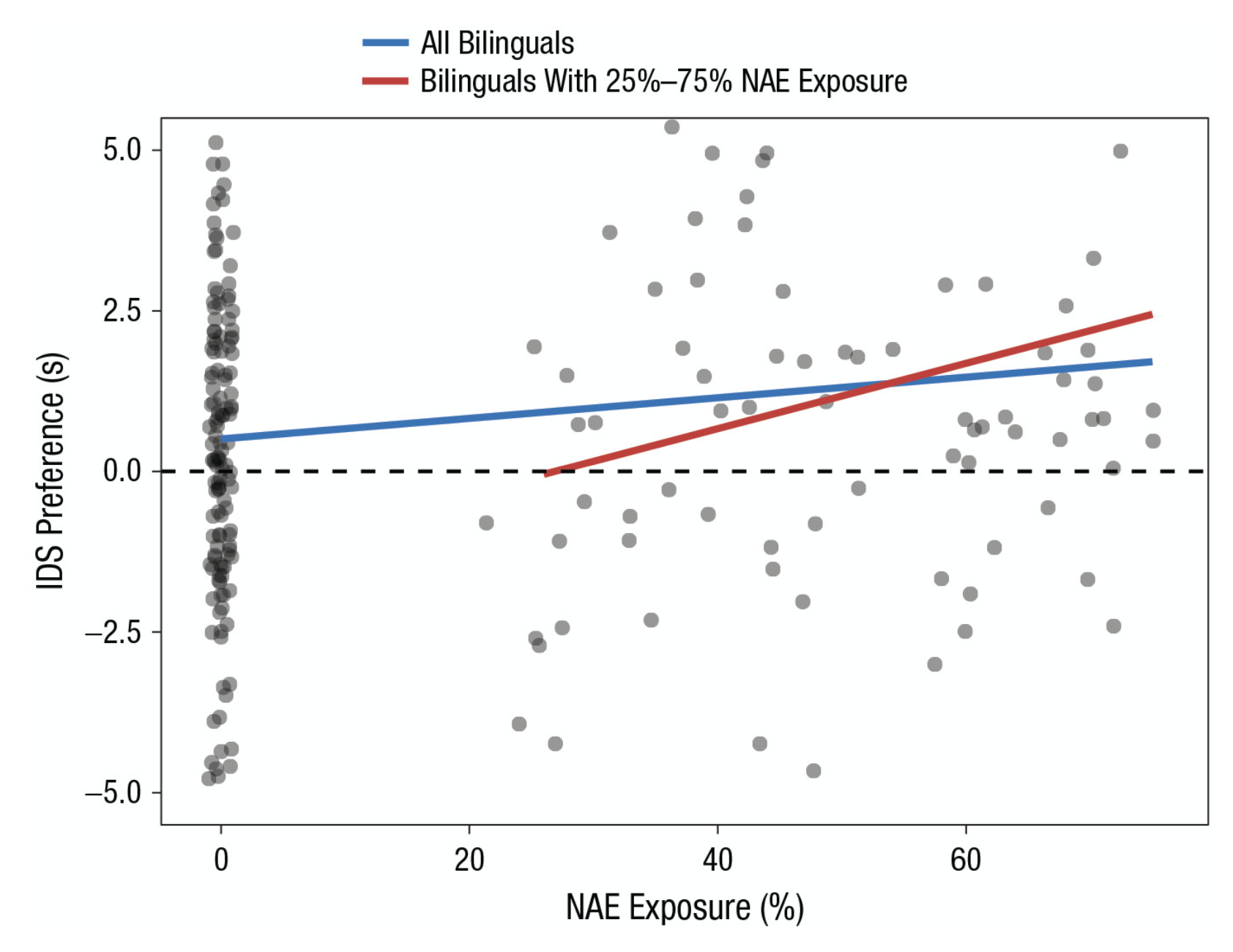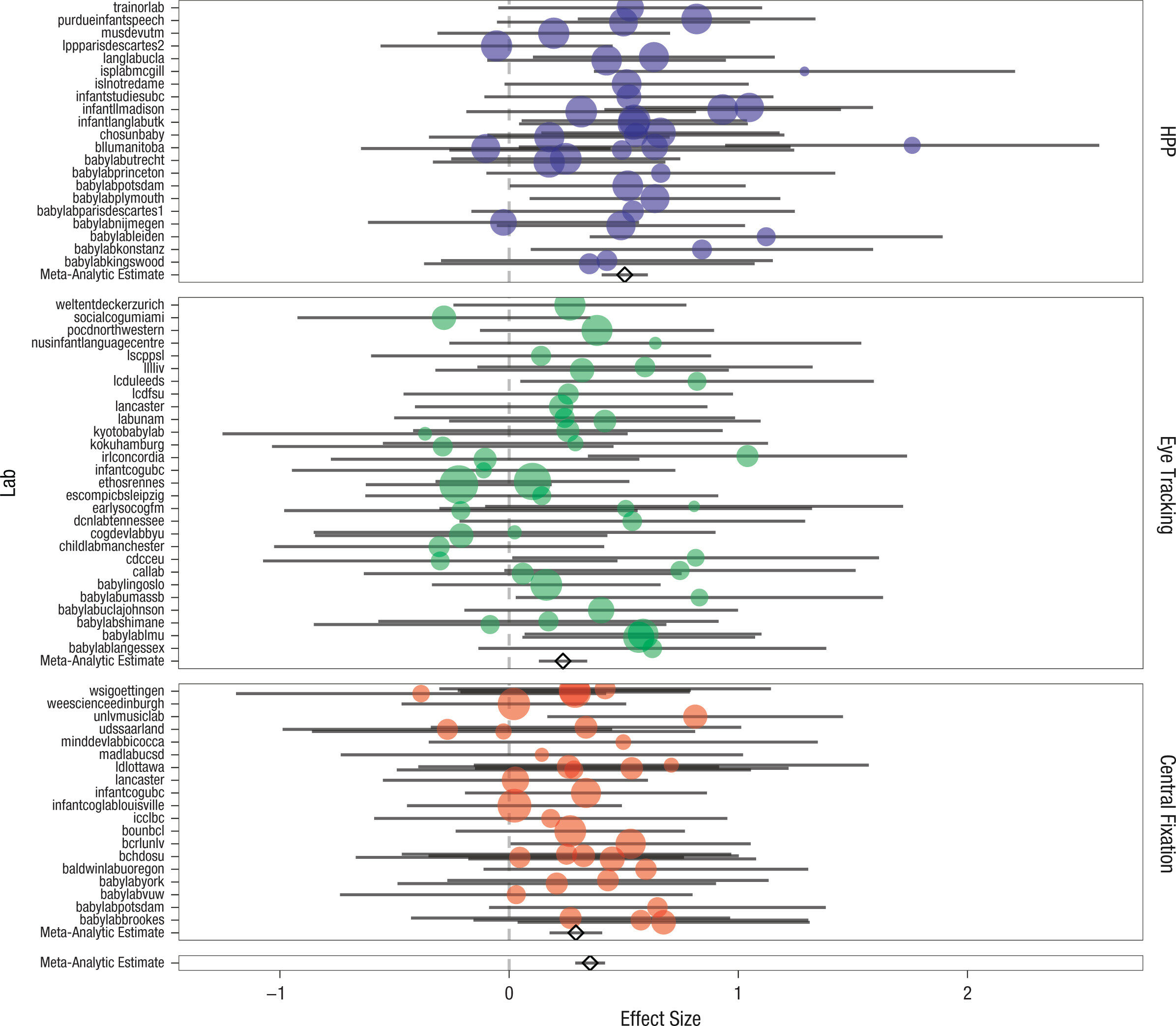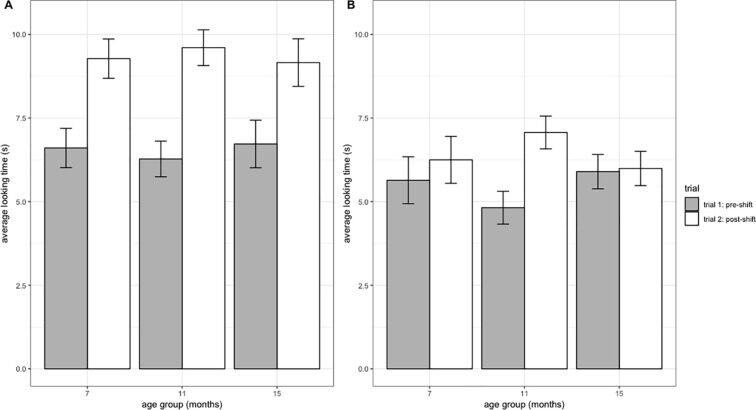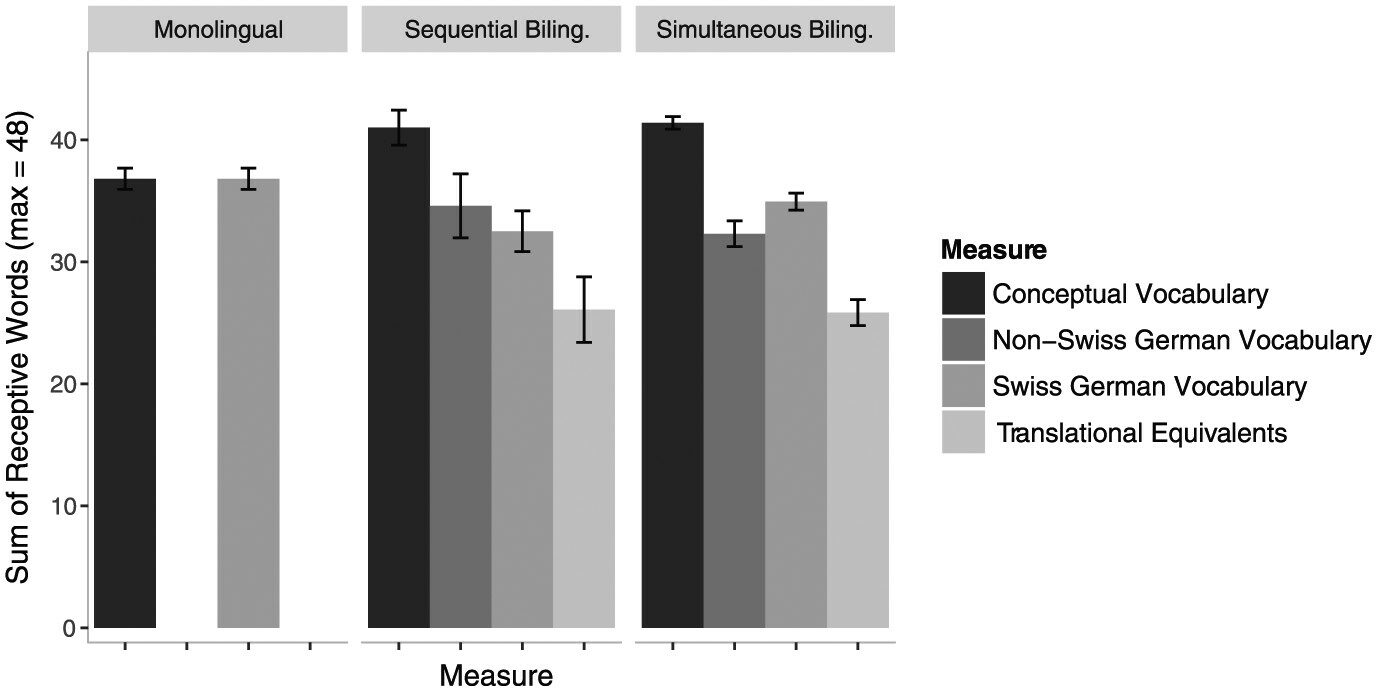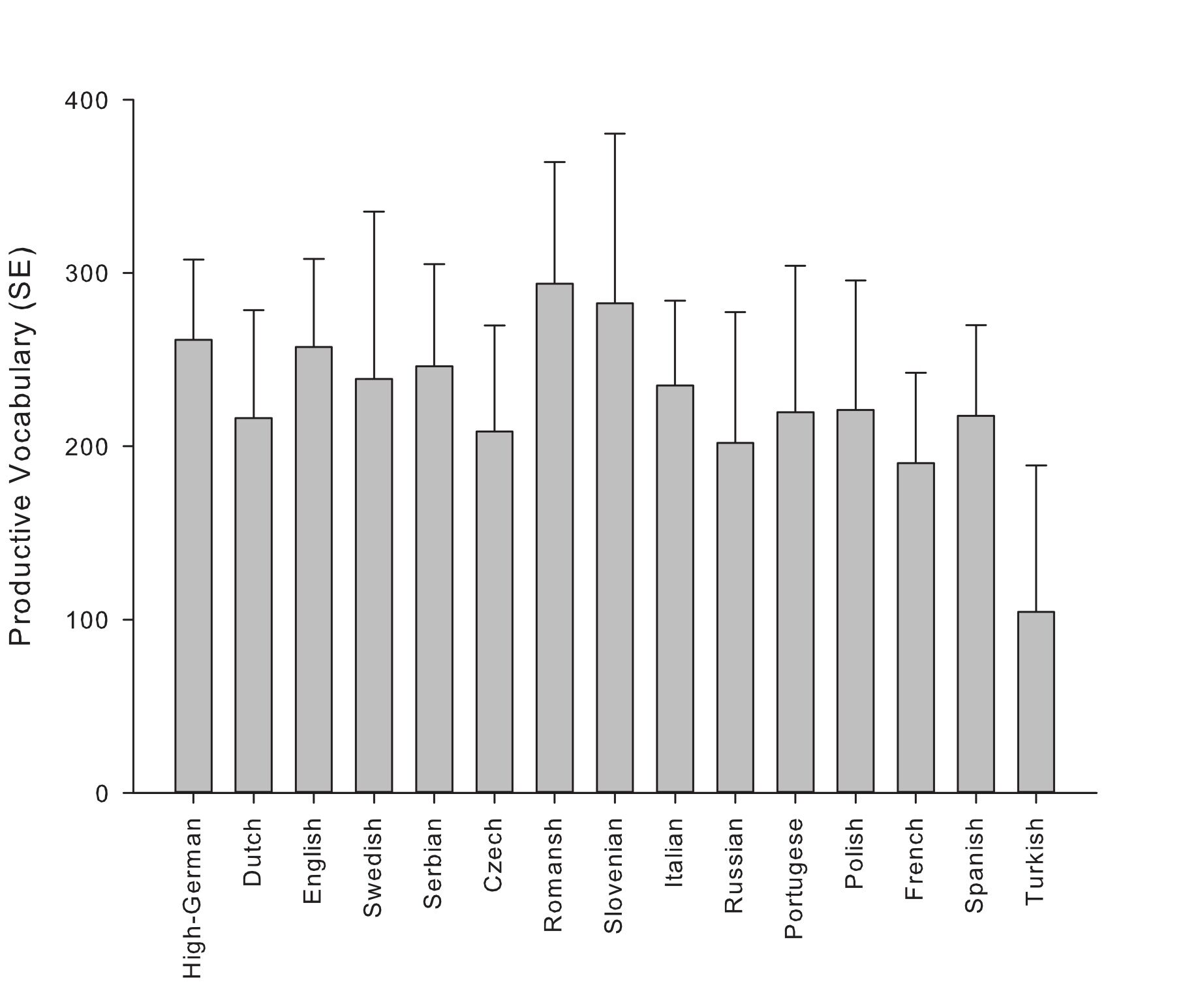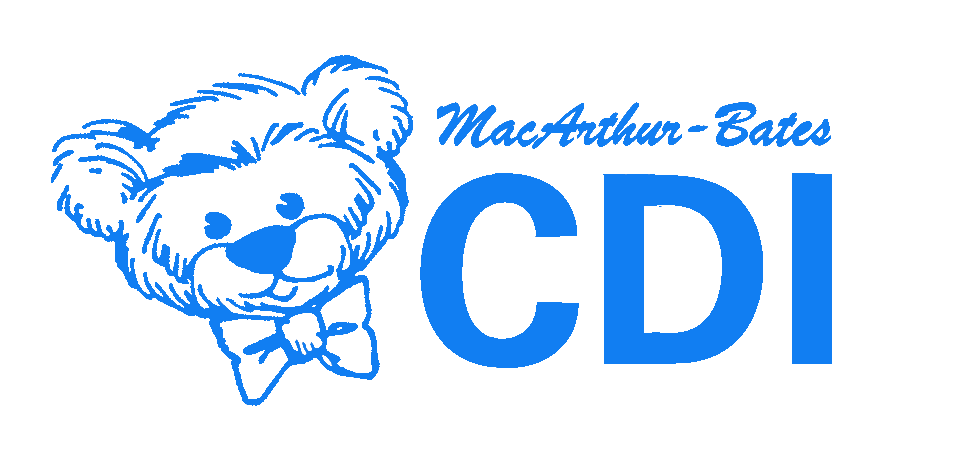
Acquisition of basic grammatical skills
Intercultural children hear (and speak) two different languages during language acquisition. This results in reduced input in each of the languages. Furthermore, the world’s languages differ in many ways. Simple illustrative examples
are the following. Languages differ in how many consonants (sounds) they use to form words: There are languages that get by with 6 consonants (Rokotas) while others use 122 different consonants (!Xóõ). The amount of information in
a word also differs: Languages like German or English combine 2-3 different pieces of information in one word (person, tense, number) while languages like Chintang mark 7 more pieces of information in addition to these 3 (e.g., clusivity,
mood, aspect, polarity). Thus, not every language combination has to be equally easy to learn.
In this research project, I investigate: How can we determine the grammatical skills of intercultural children? How does language similarity affects the acquisition of basic grammatical skills? Which other factors influence which linguistic
skills intercultural children acquire and use?
Jennifer Meina (2022-02-23) Mehr als Momentaufnahmen. UDE Newsroom
Michelle Loher (2021 – Spring) KleineWeltentdecker App. Verband Aargauer Psychologinnen und Psychologen
Cara Murez (2021-03-21) Whatever the Language, Babies LOVE Baby Talk. USNews.
(2020-05-03) Why a little baby talk is good for your toddler. The Conversation
Christopher Bergland (2020-04-05) Baby Talk is a Universal Language. Psychology Today
(2019-11-25) App zu Entwicklungsschritten. Oekotest
(2019-11-06) kleine Weltentdecker App Universität Zürich. Psychoscope
Bröhm, A. (2019-09-13) Sind Krippen gut oder schlecht für Kinder? Tages-Anzeiger
Florina Schwander (2019-04-21) Zweisprachige kommunizieren besser. Das Schweizer Elternmagazin
Aleksandra Hiltmann (2018-08-08) Kinder müssen Sprachen auseinanderhalten können. Tages-Anzeiger
(2017 – Ausg. 2) Kommunikationsfähigkeiten zweisprachiger Kinder. Logos
Stephanie Wermelinger (2017-06-17) Growing up with two languages. Blog on Learning and Development
